Thanks to our partnership with Dare Iced Coffee, Jack Steele and Luke Dunstan discuss the importance of having each other’s backs, asking R U OK? and speaking up.
It took an overseas trip for club favourites Jack Steele and Luke Dunstan to discover they'd both found a friend for life.
Teammates, travel buddies and even housemates, Jack and Luke have been through it all together. From losses, wins, breakups and everything in between - they've leaned on one another every step of the way.
The two midfielders describe themselves as being "similar" - quiet, reserved and relaxed - but their football journey's paint a different picture, with Jack recently taking on St Kilda captaincy and Luke fighting to reclaim his spot in the lineup after a longterm injury in 2020.
Five years on, the two have an impenetrable bond that is defined by companionship, support and most importantly trust.
Who’s the listener and who’s the talker out of the two of you?
JS: It chops and changes depending on what’s going on in our lives.
Spook probably talks more than I do, but he had a tough year last year being in Noosa, being injured and not playing when he had the chance, so I was there for that moment.
LD: Probably a bit of both, I reckon. I probably listened a bit more when Jack went through his break-up because that’s when he moved into my place.
I think out of my close mates Jack’s the one that I go to if I do have something that I want to talk about or need advice. He’s probably the person I trust the most with that sort of thing.
How important is it for you guys to have each other’s backs?
JS: As friends you need to be able to have each other’s backs and have that trust between you. Like Luke said, if I’m ever in a position where I need to tell someone something or share my feelings, I feel comfortable doing it with him.
How do you go from being skipper to mate?
JS: We had a few conversations early about my role and about some of the feedback Spook had given myself and the leadership group, but it’s been good for both our friendship and my leadership.
It can be hard to differentiate between them and be a friend before I’m a captain, but it’s still something I’m trying to work through and get better at.
LD: For me Jack hasn’t changed at all as a person, which is the most important thing. For anyone – despite their role - it’s important to have someone that they can talk to and trust, someone that they can vent to.
How have you seen the mental health side of things change since you started your careers?
JS: I’ve got a greater understanding of it and there are a lot more resources available. It’s definitely a bigger part of the game then it was 10 years ago. We do a lot of training around it and our performance incorporates it too.
LD: It’s always spoken about now. It’s more prevalent and more accepted to discuss.
I think the AFL and the clubs are doing a great job of putting more time and effort into creating awareness, so I hope that if anyone did have issues that they would feel free to speak up and not pressured that people may react the wrong way.
Have your perceptions of mental health changed from when you were younger?
JS: For me it’s changed quite a lot. When you grow up you learn to suck it up - grit your teeth, you’re not allowed to cry, just get on with it - but it’s good to learn that it is okay to speak up and talk about your feelings, cry if you need to and reach out if you’re struggling.
If you asked someone if they were okay and they said no, do you feel like you would know what to say?
LD: In the past I’ve had friends struggle and I haven’t known how to deal with it properly, but now through a bit of experience I think I’m better at helping them and knowing the right questions to ask.
Do you have any advice for someone that may be struggling with mental health?
JS: Reach out to anyone if you need to, whether it’s your friends or family. It’s important you speak up and let them know how you’re feeling. It’s okay not to be okay and we’re all here to help each other.
LD: You’re not going to be the only one in this situation so don’t feel like it’s just you or you’re doing something wrong or it’s your fault, these things do happen and it’s okay not to be okay.


